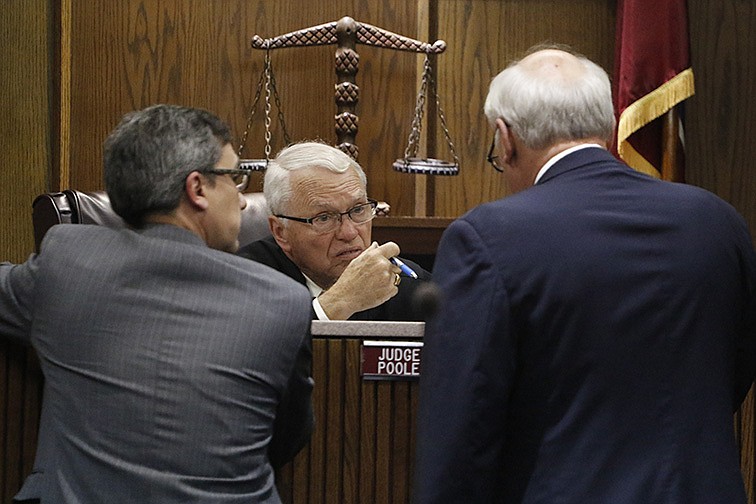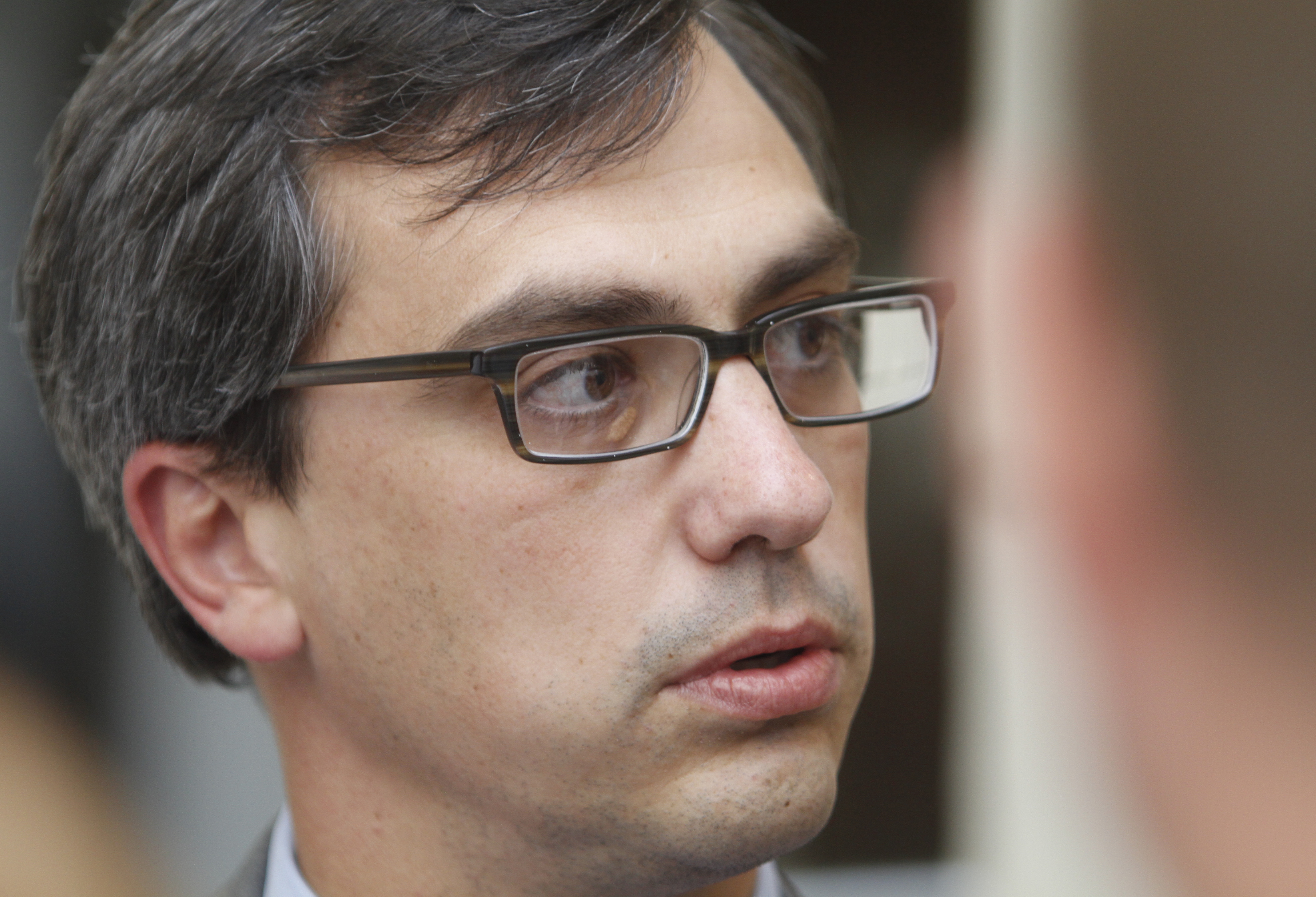No one ever said it would be easy.
In fact, the coalition of officials who rolled out the city's Violence Reduction Initiative (VRI) some 18 months ago said just the opposite. They said it wouldn't be easy, and it could take a while.
The initiative, as conceived and embraced, had somewhat of a carrot and stick approach. As long as the targeted groups, or gangs, moved toward the carrot, or kept their noses clean, no stick would be necessary. And efforts would be made to offer various types of assistance to them. But if group members killed someone or police determined them to be part of the most violent group, the stick would come out. And coalition officials would use whatever legal means available - lack of child support payments, traffic citations, various misdemeanors - to arrest and jail them.
The city of Chattanooga initially allocated $250,000 for the initiative and earlier this year authorized another $200,000 for the National Network for Safe Communities, the consulting firm run by criminologist David Kennedy, architect of the VRI strategy.
The public, as any public might, expected immediate results. The numbers, as of late October, don't look all that impressive.
By Oct. 27, the city had experienced 55 gang-related, nonfatal shootings this year. That was higher than the 52 at the same point in 2014 but lower than the 61 at the same point in 2013.
At that point, there also had been 10 gang-related gun homicides, down from the 12 at the same point in 2014 and 11 at the same point in 2013.
Read more
* Sohn: DA needs to step up, not opt out
The initiative has experienced bumps along the way. The director of the original nonprofit agency the city contracted with was arrested (but later acquitted). A major financial partner pulled out. Late last year, the leader of the police department's crime suppression unit asked for a transfer, then retired. Early last month, 11 of the 12 members of the police department's Street Crimes team asked for transfer out of the unit, and the team is currently in the process of being reorganized.
Amid that milieu last week, Times Free Press reporters Shelly Bradbury and Zack Peterson met with Hamilton County District Attorney Neal Pinkston and several others in his office to clarify statements Pinkston made which appeared to conflict with those made by an assistant district attorney at a call-in last week with gang members.
The devil, it appears, is in the terminology.
Yes, the initiative calls for heavy-handed prosecution for those who break the rules and for the district attorney to use his broad prosecutorial discretion to bring the full force of the law - within the law - to gang members arrested for breaking the rules. But no, Pinkston said his office cannot ethically prosecute those individuals differently just because they're part of a particular crime initiative. However, if more evidence is offered in these cases, then, yes, more could be done with the cases, he said.
Yes, it sounds confusing. Here's more:
In the Times Free Press article, the district attorney office's public information officer Melydia Clewell said, "The law does not accommodate VRI," but Pinkston said, "We support VRI."
In other words, they say they support what the initiative intends to do but ethically cannot do more than the law allows.
Pinkston and Clewell saw darker motives in the newspaper's report, suggesting the writers "were attempting to manufacture a divide [between VRI officials and his office] that didn't exist," that "it is beyond irresponsible to publish an article criticizing our office when no one within the system is unhappy with our work" and that Bradbury admitted she makes up facts (a statement the reporter uttered in complete jest). Pinkston then discussed the article for television and radio and sent an email about it to city and police officials.
Yet, in comments the district attorney's office sent to the Times Free Press and other media outlets about the article is this: "[Attorney General] Pinkston has serious concerns about the effectiveness of VRI under Tennessee state law."
And, during a two-hour interview with Jeff Styles on WGOW, Pinkston said this: "I know what we do, and I know how we operate, and I am not going to allow me or them to be blamed for something that is not successful that we didn't particularly create."
So what are people to conclude?
Perhaps that it's easy to blame the messenger for asking if there is a disconnect when the district attorney's own words suggest just such a disconnect.

